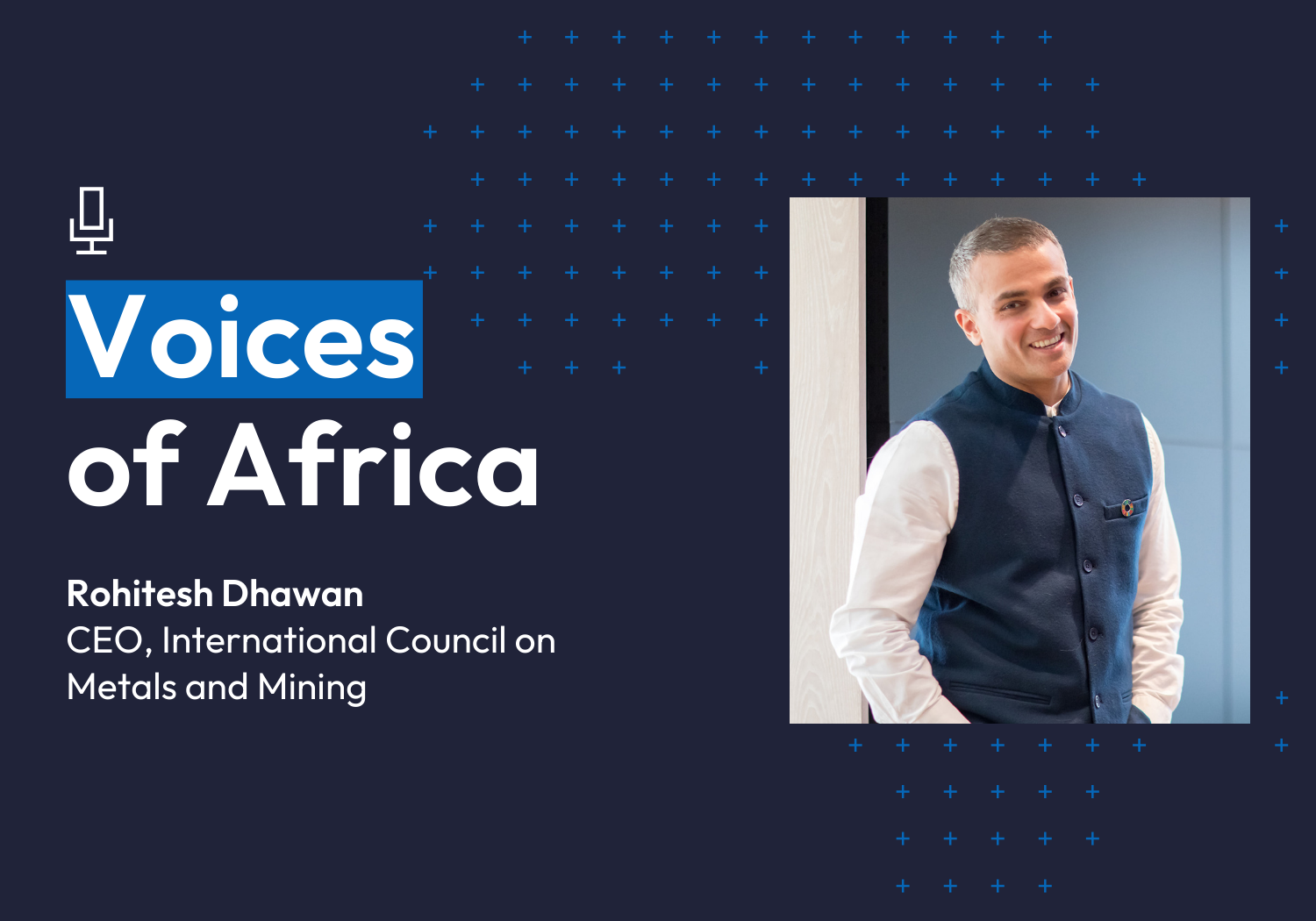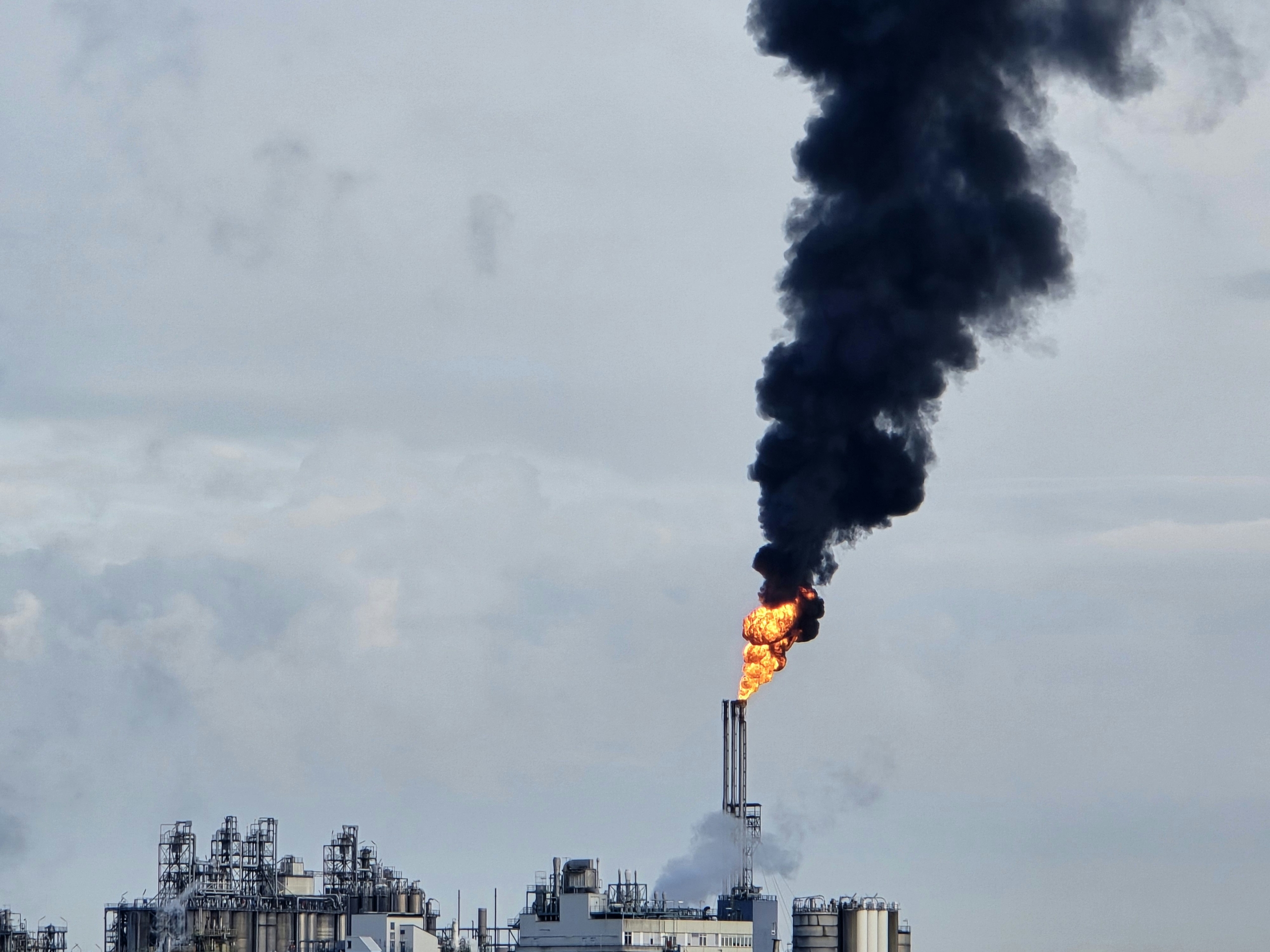We are excited to announce that Brink is now part of Africa Practice. Learn more
A crisis of climate leadership and action

The start of the decade has so far been characterised by a series of global, overlapping and mutually reinforcing crises, with no sign of imminent respite. COVID-19, climate change, conflict, and contracting economies – a polycrisis like no other we’ve experienced in decades – is rapidly eroding global human development progress. COVID-19 pushed approximately 70 million people into extreme poverty in 2020 alone – the highest figure since records began in 1990. For the first time in decades, global inequality rose.
Climate change presents an even more existential threat than COVID-19. Despite this, global responses have generally been lacklustre and piecemeal – with a widening gap between rhetoric and action. Sixteen of the world’s 20 most vulnerable countries to a changing climate are in Africa, and the continent’s population of 1.3 billion people remains “extremely vulnerable” to its impacts. The climate crisis could push 120 million people into extreme poverty by 2030 – a third of them in Africa – unless adaptation measures are rapidly scaled up.
African leaders are becoming far more assertive in their demands for climate finance and action. As African Union Chairperson and Senegalese President Macky Sall argued at COP27, “We are funding our own adaptation efforts when we are the victims, which means we are being doubly punished – and we are not ready to put up with that.” Developed countries have thus far failed to uphold their commitment to mobilise USD 100 billion in climate finance for their developing peers by 2020. This year, OECD countries are expected to provide and mobilise somewhere in the region of USD 90 billion – with the target expected to finally be reached in 2023.
The USD 100 billion target is in fact extremely modest given the scale of the challenge. 141 countries with a total population of 6.4 billion (five billion when excluding China) are eligible for climate finance from OECD members. To put this into perspective, close to USD 17 billion was spent on state and federal campaigns in the US midterm elections this year.
Developed countries’ failure to meet these commitments is particularly stark when juxtaposed with ongoing – and growing – investments in fossil fuels. Globally, public investments in fossil fuels almost doubled in 2021 to USD 697 billion – marginally higher than the average for the 2010-2021 period. In G20 economies, budgetary transfers and tax breaks linked to coal, oil, gas, and petroleum products rose by 29% to USD 190 billion between 2020 and 2021.
Since the Paris Agreement in 2015, the US government has committed USD 13 billion to fossil fuel projects globally, compared with USD 4 billion to renewables. In Africa, the split between American funding for dirty and clean energy projects is even starker, with the world’s largest economy providing thirteen times more finance for oil and gas projects (USD 9 billion) than for clean energy projects (USD 682 million).
Like climate finance, climate leadership and credibility is in short supply. Around 170 countries, including the US, have failed to strengthen the 2030 greenhouse gas (GHG) reduction targets in their Nationally Determined Contributions (NDCs) by September 2022 – thus ignoring the Glasgow Climate Pact. Meanwhile, Europe’s dash for gas and pivot towards Africa in the aftermath of the Ukraine war – a major volte face following COP26 – has sparked vocal criticism by African leaders amid a major shift in the continent’s geopolitical relevance. Former US Vice President Al Gore acknowledged this “credibility problem” in Sharm El-Sheikh, denouncing “fossil fuel colonialism”.
Even the host nation of COP26 and a key international financial institution is bereft of leadership and credibility. The announcement (subsequently reversed) that UK Prime Minister Rishi Sunak would not attend COP27, combined with the British government’s failure to disburse USD 288 million in commitments to the Green Climate Fund on the eve of the summit, is telling. Likewise, World Bank President David Malpass’ much derided response when asked in September 2022 whether he accepted the scientific consensus on climate change (“I’m not a scientist”) – which he subsequently rowed back on – is an unnecessary distraction.
At a global level, the increasingly frosty relationship between the US and China and suspension of bilateral climate cooperation since August 2022 has major implications. This too points to a failure of diplomacy and leadership, though an unofficial meeting between climate envoys John Kerry and Xie Zhenhua on the sidelines of COP27 is a positive development. As summarised by Greenpeace Global Policy Adviser Li Shuo, “I have no reason to believe humanity could solve the climate challenge if the two biggest emitters can’t even talk to each other.” China has a crucial role to play regarding climate – as does the US, which contributes the smallest share of climate finance relative to its historical emissions.
The private sector, on which much of global climate action is contingent, is also falling short. Blended finance for climate projects declined by 60% over the last two years. While USD 130 trillion in global private capital is committed to net zero through the Glasgow Financial Alliance for Net Zero (GFANZ), capital deployed provides for only 16% of total climate finance needs for mitigation and adaptation. Businesses are also failing to curb their emissions. According to research by Accenture, 93% of the world’s largest 2,000 public and private companies are set to miss their net zero targets based on current trends.
Amid all the doom and gloom, there is a sliver of optimism. Criticism of the World Bank (much of it relating to Malpass’ ill-judged comment) sparked demands, led by the US and Germany, for the lender to overhaul its business model and double down on its climate commitments. A flurry of modest yet symbolic commitments from countries including Germany, New Zealand, Belgium and Austria for loss and damage is testament to the advocacy efforts of the Climate Vulnerable Forum – despite staunch opposition from the US. Announcements of new funding for adaptation, for instance, are welcome – but are only making a small dent in the growing climate finance gap.
The International Energy Agency estimates emerging economies, which account for close to half of total GHG emissions, will need to mobilise USD 1 trillion in annual investments by 2030 to meet the goals of the Paris Agreement. Last year, investments in low-carbon energy technologies in emerging and developing markets amounted to less than USD 70 billion. The climate crisis in Africa and elsewhere cannot be solved without a climate Marshall Plan based on investment and technology transfer.
About the author
Elliott O’Carroll is a senior consultant at Africa Practice. The above represents his views and not those of Africa Practice. Elliott can be contacted at [email protected].
Photo credit: Mohammed Salem/Reuters
Proud to be BCorp. We are part of the global movement for an inclusive, equitable, and regenerative economic system. Learn more


